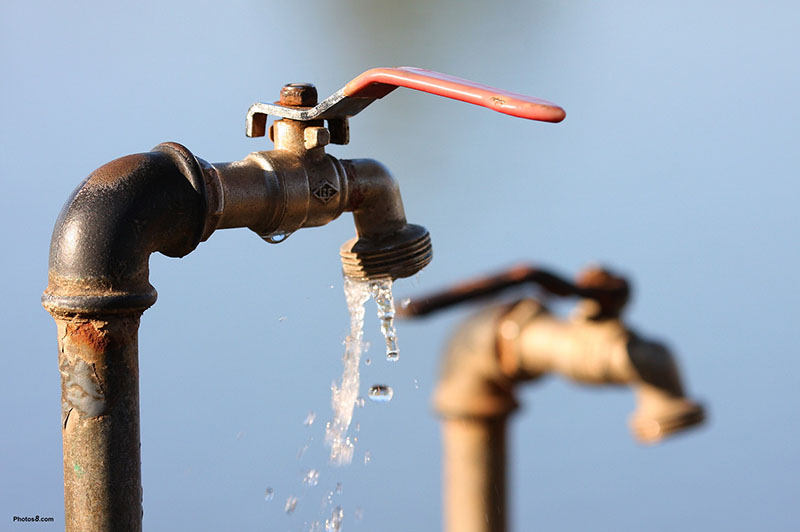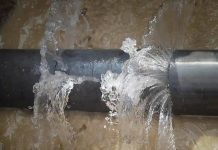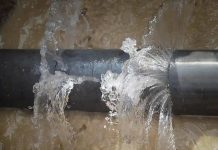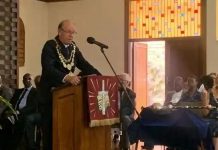THE Bulawayo city council intends to use treated sewerage water for industrial use once the city’s sewerage improvement projects are completed.
Bulawayo recently embarked on its sewerage and services improvement projects aimed at improving the local authority’s water supply and sanitation services.
The programme, funded by the African Development Bank (AFDB) at a cost of US$37 million, covers four projects namely: Criterion Works, sewerage treatment works at the Southern Areas Sewerage Treatment works (SAST) and water mains upgrading.
Speaking during the tour of the projects on Friday, the city’s engineer Simela Dube said the city is looking forward to the use of recycled and treated sewerage water as part of measures to conserve water.
“Two of these projects look at SAST and critical spots in the sewerage networks. The idea behind SAST and dealing with hotspots is for the sewer to reach the treatment works and once it is at the treatment works, sewer can be treated to a quality that can be discharged to the river system, which is why there is the combination of the sewerage hotspots and outfall sewers,” said Dube.
The city engineer said the initial phase of the recycled water would be for industrial use only.
“As a city, we have said the initial phase of reuse is that we treat the water through our Khami treatment works for industrial use. The Zimbabwe Power Company has already pledged to work with the city on upgrading the water treatment works and the pipeline from Khami to the power station,” said Dube.
He said the recycled sewerage water will provide an additional 11 mega litres of water per day in the city.
“If the power station is commissioned before these treatment works, it means it will consume 11 mega litres per day but if we give them 11 mega litres of treated affluent, this will actually be improving on our portable water cycle,” said Dube.
Bulawayo city is facing a critical water shortage following the dwindling of water levels in the city’s main water supply dams.
Dube warned that the city might be forced to introduce radical water conservation methods if the water consumption levels continue to decrease.
The city engineer said residents are currently consuming 170 mega litres of water per day instead of the required 130 mega litres.
Two weeks ago, the local authority suspended its 48-hour water shedding programme owing to the normalisation of the water supply distribution system following major rehabilitation works at Criterion Water Works.






